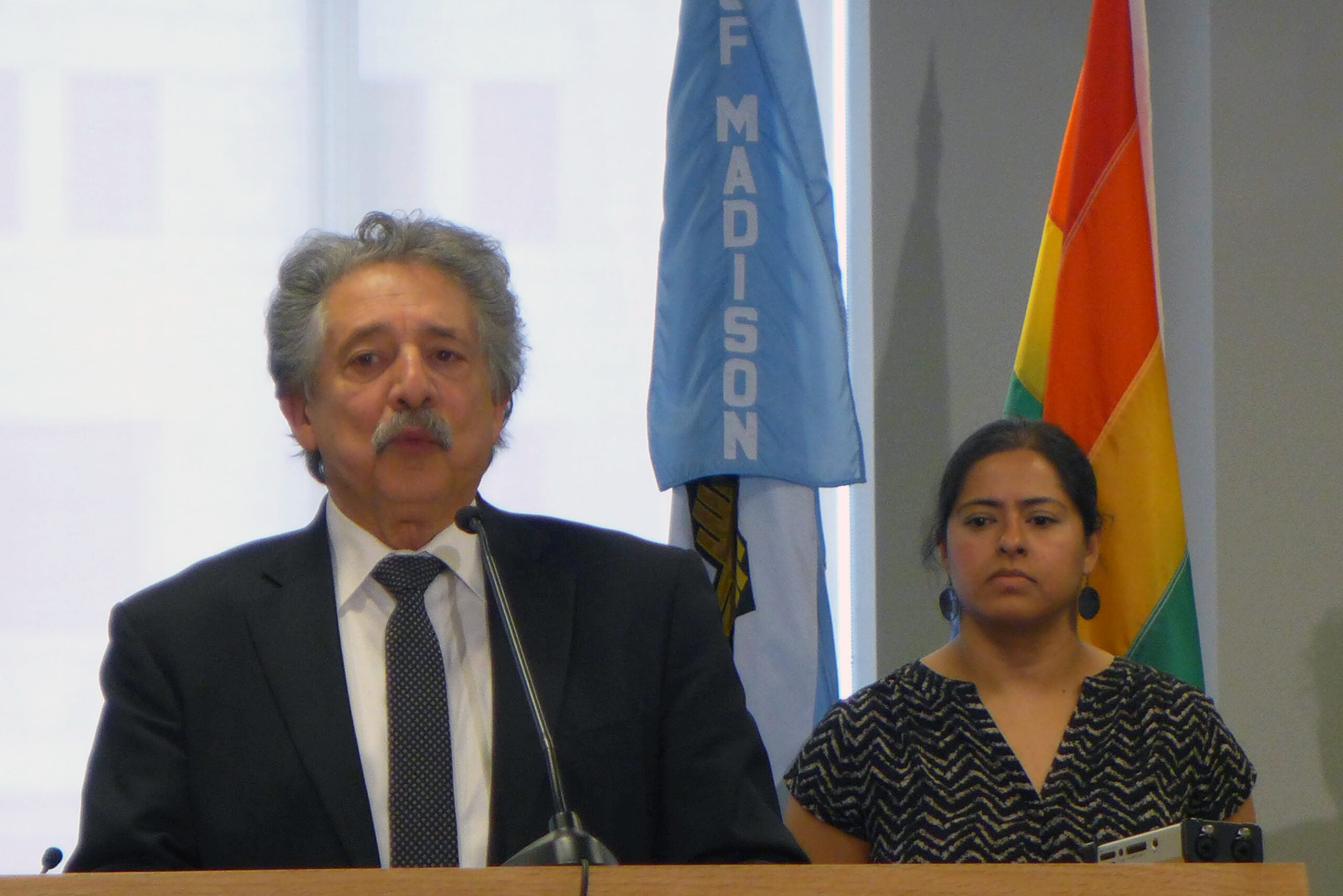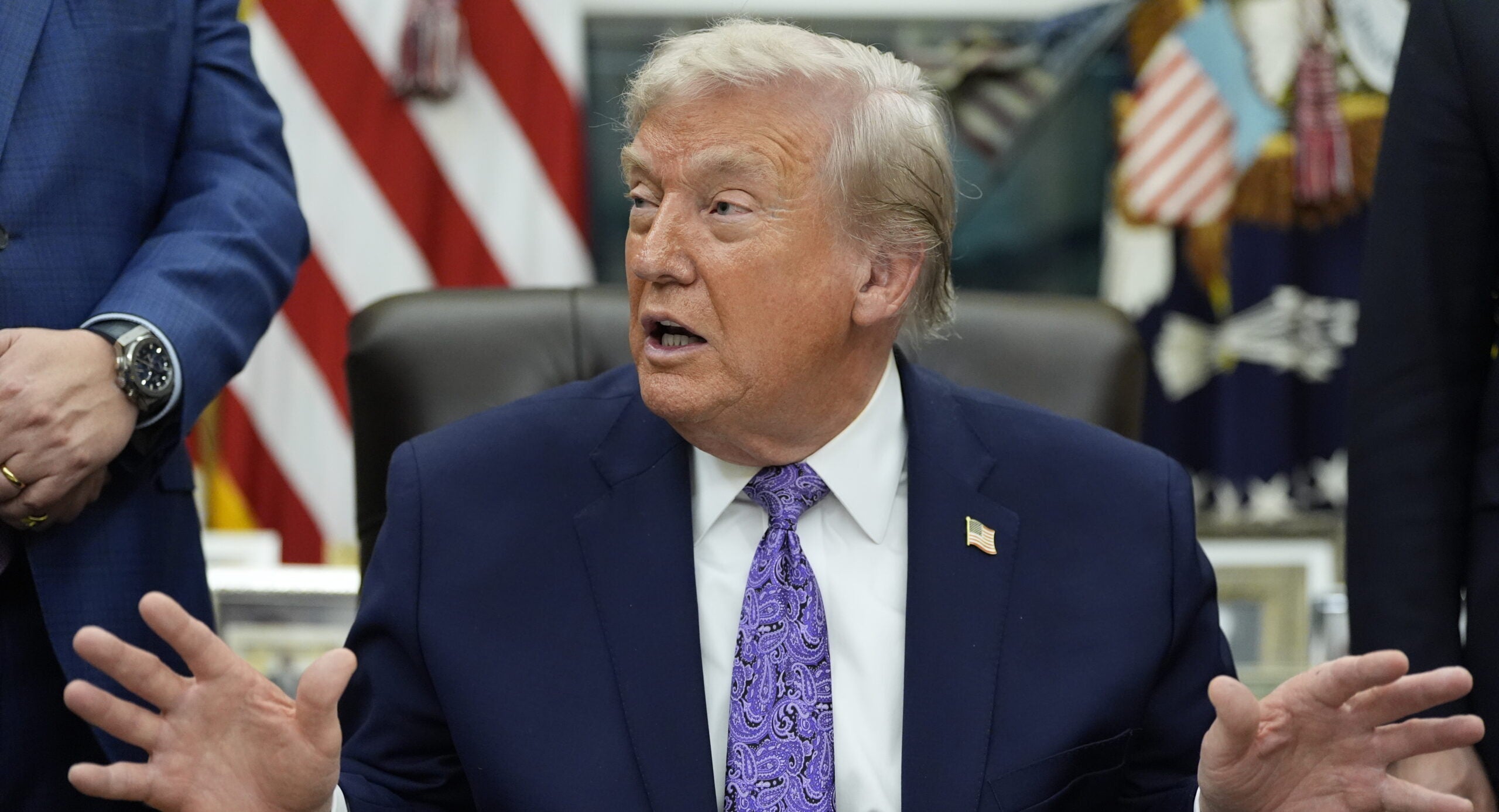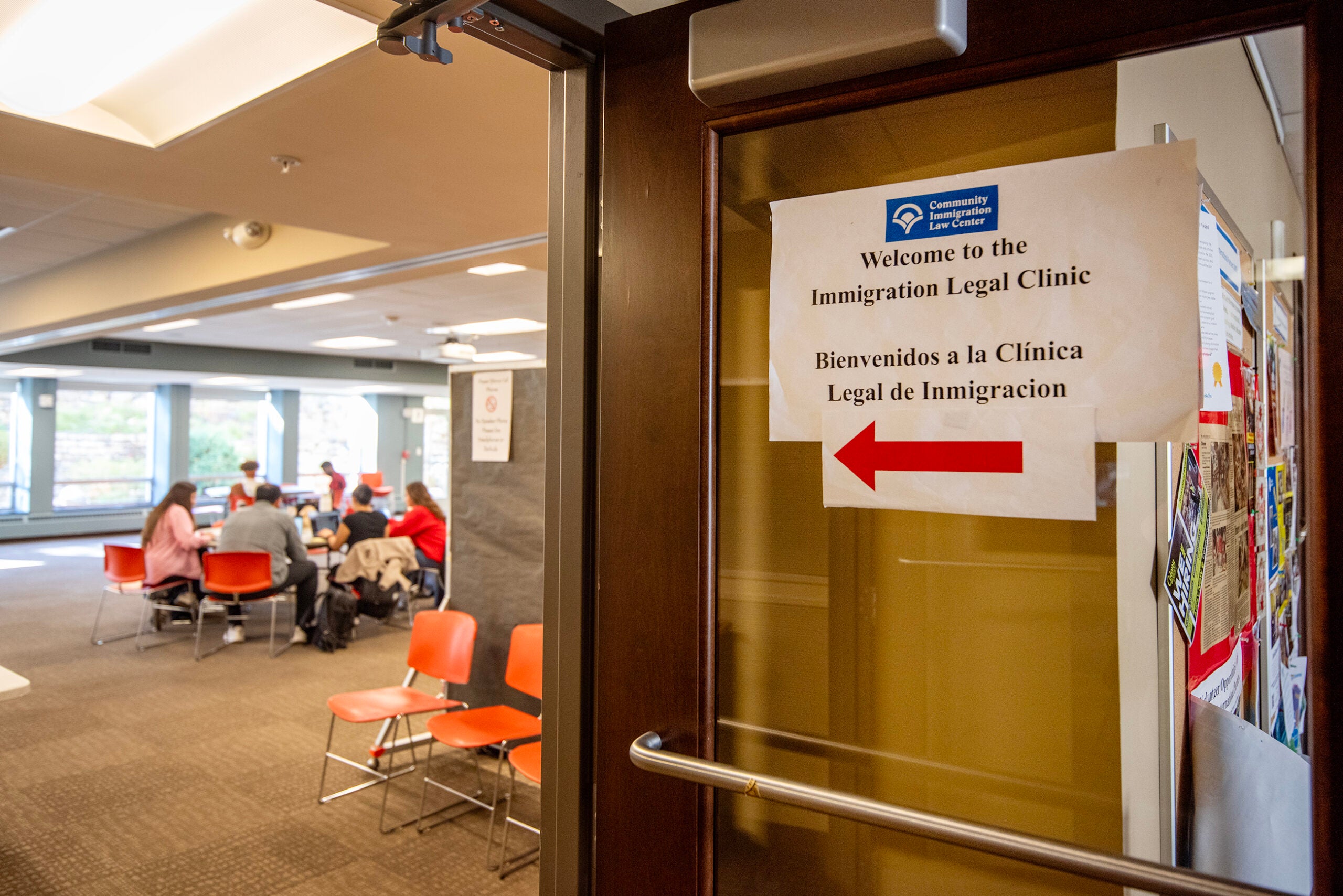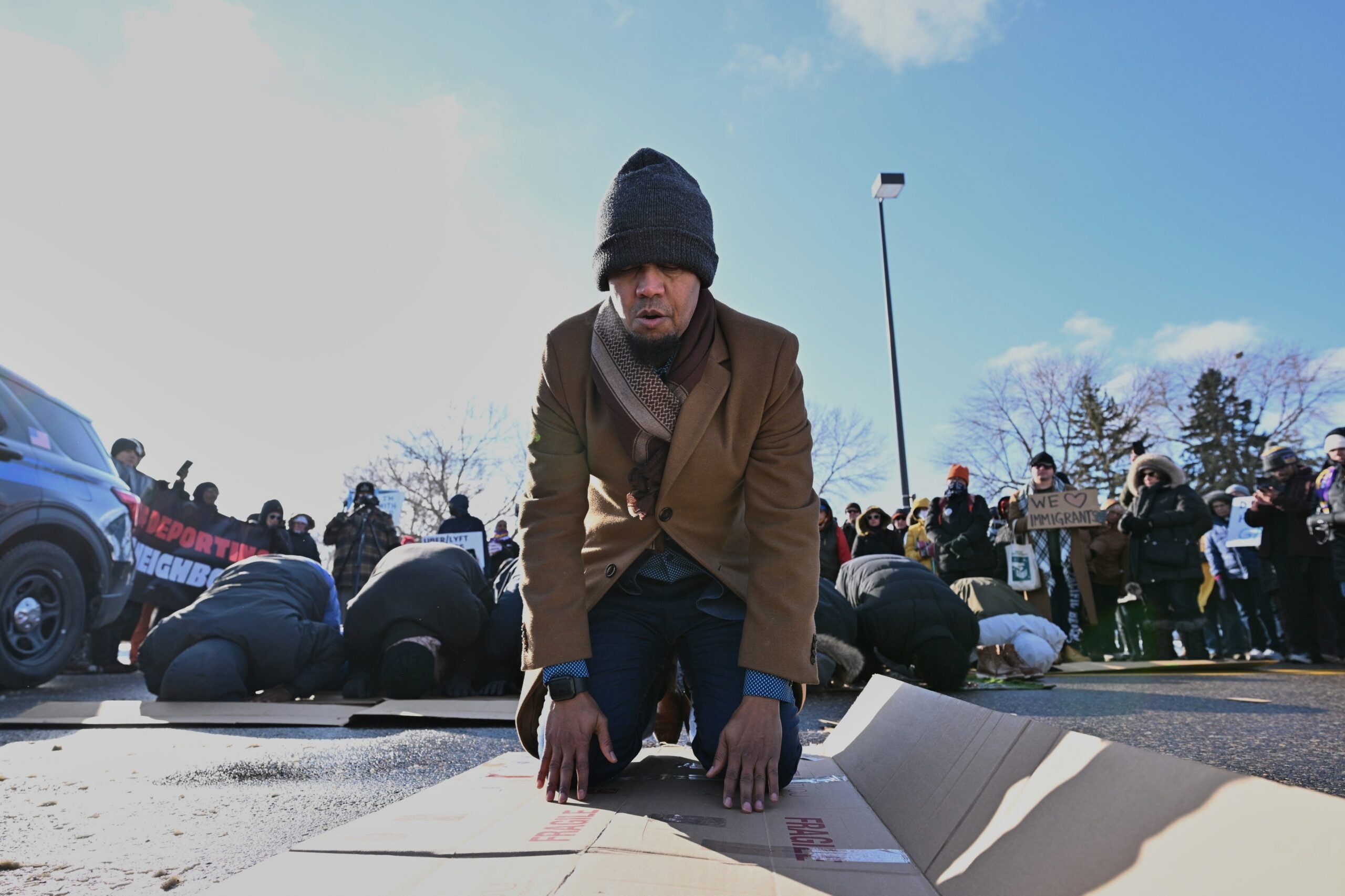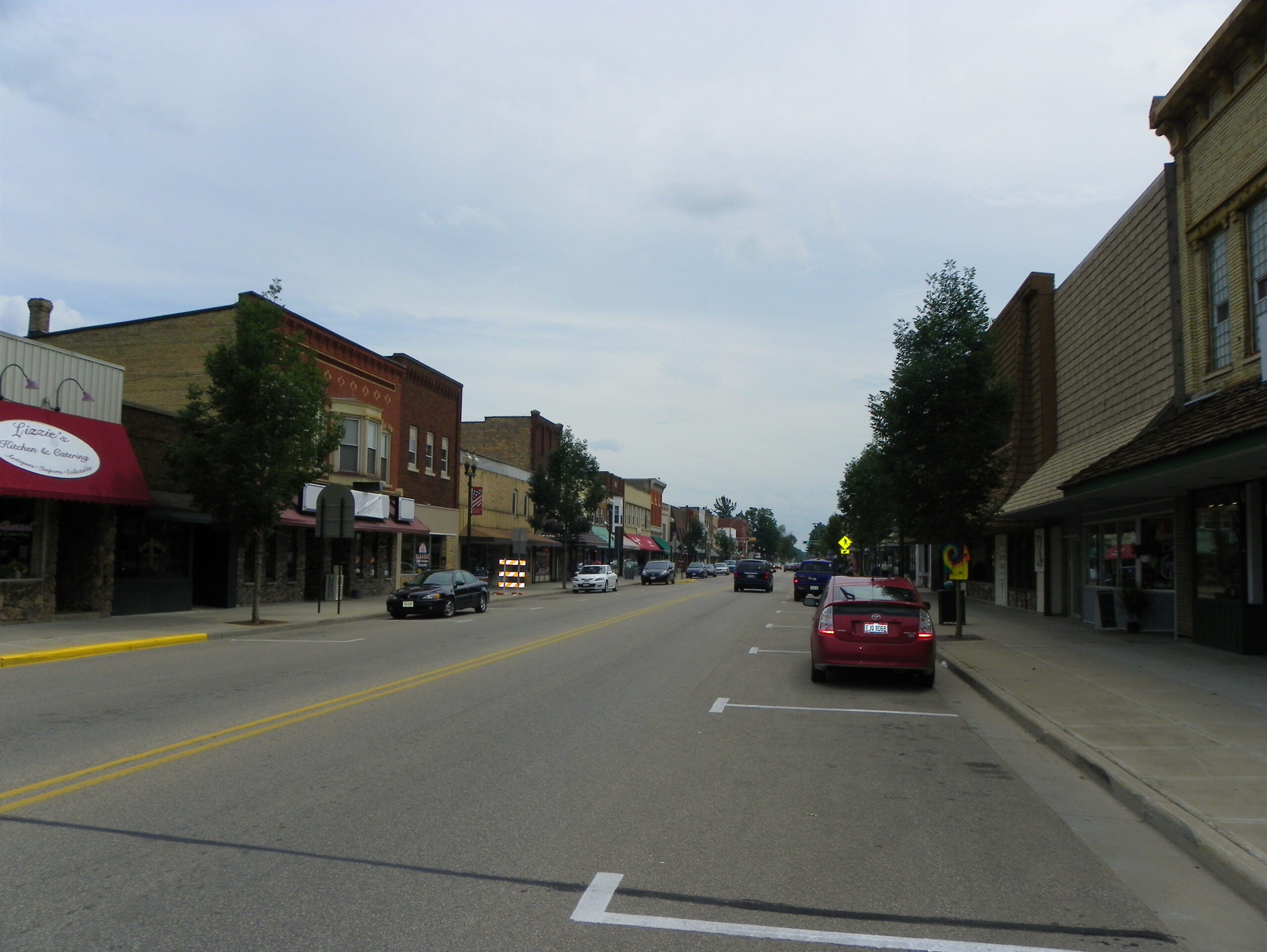Madison officials say President Donald Trump’s executive order to punish so-called sanctuary cities will not change how local law enforcement treats immigrants.
Madison Mayor Paul Soglin said they don’t know the details of Trump’s executive order but plan to resist if it crosses a constitutional line when it comes to improperly detaining individuals .
“Given the actions of President Trump we are now all sanctuary cities. Every city in this nation is now subject to yet-to-determined standards for local law enforcement,” Soglin said Thursday at a press conference.
News with a little more humanity
WPR’s “Wisconsin Today” newsletter keeps you connected to the state you love without feeling overwhelmed. No paywall. No agenda. No corporate filter.
Police Chief Mike Koval said the department will not do anything different, saying he wants to foster an atmosphere of trust, not fear. The department does not assist in raids conducted by Immigration and Customs Enforcement. Nor do officers inquire about immigration status.
Koval said during a recent show on the Spanish speaking radio station La Movida, on which he takes calls, an immigrant was concerned that minor offenses would get him deported.
“I literally was asked the question at the last show, ‘I have five outstanding parking tickets. I’m working very hard to pay for them. Will you and ICE be coming to my door to deport me?’” Koval said.
In 2010 the common council adopted a resolution supporting immigrants and Madison has been labeled by some as a sanctuary city. But there’s no consensus on what that entails. Soglin said Madison does fit a common definition.
“Some argue that to be truly a sanctuary city there must be no compliance with the federal government even when presented with a proper detainer as an instance where an individual has been apprehended for a felony,” Soglin said. “By that standard, we are not a sanctuary city.”
If Madison were deemed a sanctuary city under the president’s yet-to-be-determined standards, it could lose up to $30 million in federal funding for housing, transportation, public safety. Soglin said federal funding agreements in these areas aren’t contingent upon local law enforcement assisting federal officials with immigration laws. Soglin says depending on how far the executive order goes, other larger cities are likely to sue.
Alderman Samba Baldeh said the issue goes beyond how immigrants are treated. He said its about rights under the constitution and upholding the law.
“Like I said, this is not just about the Muslim community, the immigrant community, the Latino community, all the minority groups. This is about the United States of America,” Soglin said. “We have always worked hard to make sure the union is better for everybody.”
Soglin said the city will continue to comply with federal detainer requests and cooperate with immigration officials when legal.
Wisconsin Public Radio, © Copyright 2026, Board of Regents of the University of Wisconsin System and Wisconsin Educational Communications Board.
